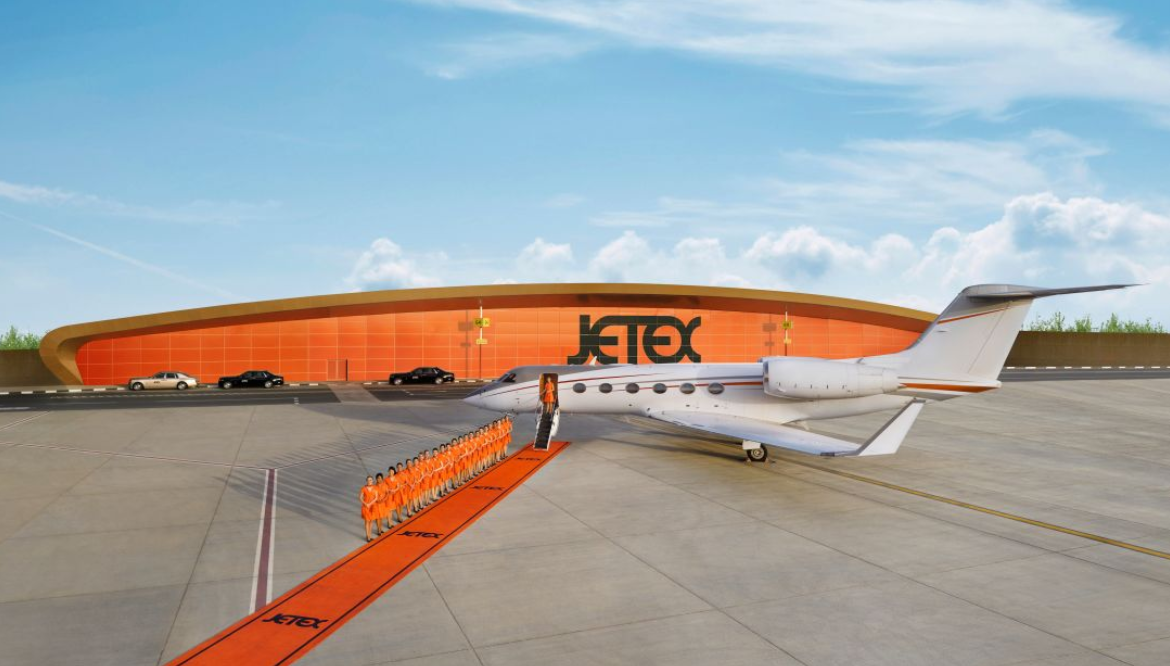The private aircraft industry has long been condemned by environmental organizations for contributing an excessive amount of carbon dioxide to the atmosphere. Last week, however, climate activists gained headlines by interrupting a private jet trade show in Switzerland.
Private jets are typically less effective than commercial jets and have substantially higher emissions per passenger because they frequently fly shorter distances. Private airplanes can be five to 14 times more harmful than commercial aircraft and 50 times more polluting than railways, according to research from the European non-profit organization Transport and Environment.
But in recent years, the private aircraft industry has experienced significant growth. According to a survey by the Institute for Policy Studies, the size of the worldwide fleet increased by 133% since 2000, setting industry records in 2021 and 2022.
According to research conducted by Greenpeace, 3.39 million metric tons of CO2 were produced by private planes in Europe alone in 2022, which is almost equal to the emissions produced by 753,000 gasoline-powered cars used for a year in the US.
However, experts believe that the industry can still make a significant contribution to the global effort to combat climate change, and some within the sector are looking at creative ways to lessen their environmental impact.
The Dubai-based private aviation firm Jetex, a member of the International Air Transport Association (IATA), aspires to achieve net-zero carbon emissions by the year 2050.
Jetex, which was established in 2005 by CEO Adel Mardini, today employs 750 people working out of dozens of private terminals throughout the globe, including those in Dubai, Miami, Paris, and Beijing.
In 2021, Jetex began selling sustainable aviation fuels (SAF), which are derived from renewable waste and leftover raw materials, to travelers at its terminal at Helsinki Airport through a partnership with the oil company Neste. The same year, it started selling SAF manufactured from discarded cooking oil supplied by the French business TotalEnergies at its terminal at Paris Le Bourget Airport.
SAF isn’t offered at all airports due to a limited supply, but the firm claims it wants to provide travelers with SAF as an alternative fuel option at all of its locations throughout the world.
In an interview with CNN, Mardini stated that Jetex is trying to convert all of its locations into entirely green private terminals in the future. “We continually think of how we may collaborate together with everyone, to reduce the impact that climate change has on our lives and the futures we have in front of us,” Mardini added.
Fuel shortage
As to the IATA, SAF can reduce CO2 emissions by 80% and will be the largest single contributor to achieving its 2050 net zero carbon emissions target. In 2021, aviation represented for more than 2% of all energy-related CO2 emissions globally.
However, Dr. Suzanne Kearns, an assistant professor of aviation at the University of Waterloo in Canada, says that scarcity is still the major problem.
“We anticipate that the use of sustainable aviation fuels will be responsible for 60 to 70 percent of the emissions reductions (in the aviation sector). However, in practice, it is currently two to eight times more expensive than conventional aviation fuels, and because of its restricted availability, it isn’t at every airport, according to Dr. Kearns, who spoke to CNN.
If the private aircraft business were to embrace SAF early, she continues, “the economies of scale might render them cheaper and the advantages could carry over to the other areas of the aviation industry.”
SAF is not available at every airport, but last week Jetex inked a contract that allows it to provide SAF to its clients all over the world. Passengers will be able to use the “Book and Claim system,” paying for SAF at an airport that offers it, to offset some or all of the conventional fuel consumed by the aircraft they are going on, thanks to a partnership with 360 Jet Fuel Ltd. In essence, that means they can “source” SAF from airports without a supply for flights.
Private aviation is gradually utilizing SAF more frequently. For instance, the UK-based jet charter company Victor also collaborates with Neste and recently disclosed that 20% of its customers willingly choose to use some SAF for their flights, using system of book &claim which calls “pay here, use there”
Pure green”
In addition, Jetex announced plans to open what it claims the first “pure green” private terminal in the world at Berlin’s Neuhardenberg Airport, which is home to one of the continent’s largest solar farms, last year.
“There is a solar farm beside the airport, which will completely meet the airport’s energy needs. To attain zero net carbon emissions, we also intend to deploy electric vehicles, according to Mardini.
The firm has been making incremental changes to several of its other destinations, including Dubai, London, Paris, and Singapore, in order to have fully “green” terminals by the end of 2024, while its Berlin terminal is still under construction.
In order to speed up the development of eVTOL, or electric vertical takeoff and landing craft, also known as flying taxis, Jetex is investigating the use of electrical aircraft and has established strategic partnerships with urban air mobility firms like Volocopter and Eve Air Mobility.

